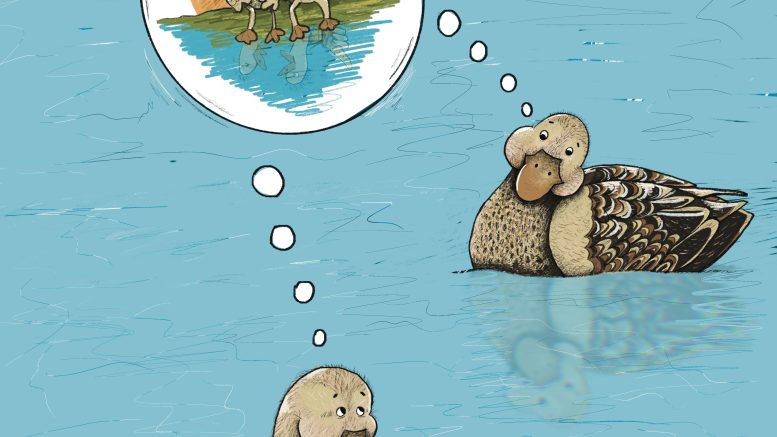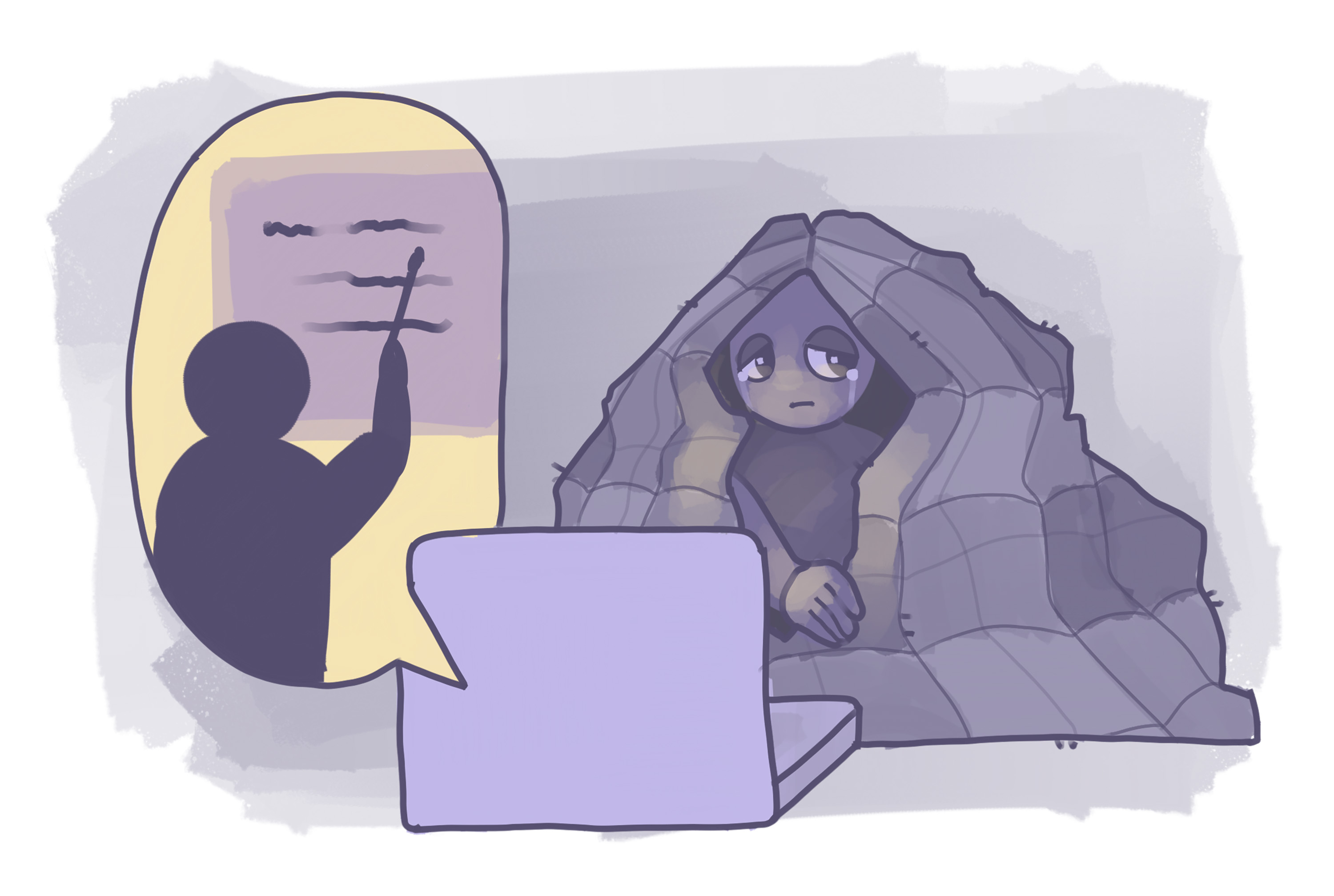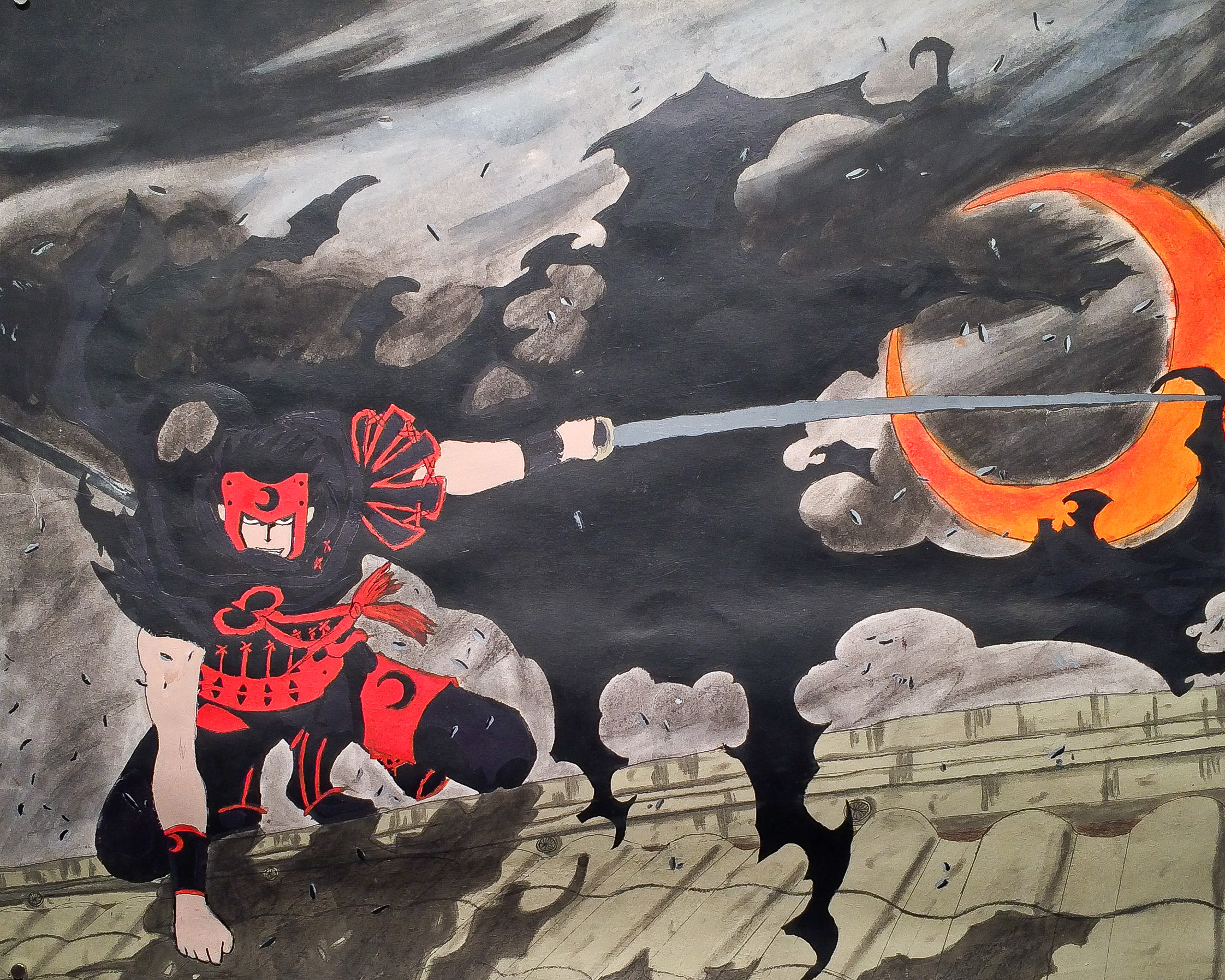1977’s Between the Lines opens on a group of 20-something beatnik amateur journalists surviving on cigarettes, weekday booze and sexual misadventures.
These characters — including bizarro dud of a music critic Max played by Jeff Goldblum — are backgrounded by a dishearteningly shelled out journalistic landscape. I will ignore that in favour of the film’s secondary commentary on relationships — how friendships form with their contexts.
In the beginning, the office crowd in Between the Lines takes the shape of a friend group in its golden age. When the prospect of the paper being purchased begins to loom, the devilishly harmonious prankster culture the group maintains begins to dissolve as friends fall out with each other. That is, once the context that incubated the friendship starts to evolve, the characters’ relationships do too.
This is a lesson that young people would really do well to internalize.
Every September, university subreddits like r/umanitoba are inundated with posts from students soliciting advice on making friends. Because the U of M is a commuter campus, meaning most of its student body commutes to rather than lives on campus, the culture poses some unique barriers to socializing.
Friendships form in places where people regularly run into each other and have a shared purpose, so trying to make friends is harder in places where people don’t linger. To put a fine point on it, you’ll never make a friend by just stopping some stranger in a parking lot. One of the best ways to make friends is to frequently be around people in contexts where chitchat is socially acceptable.
UBC PhD candidate Iris Lok points this out in the exemplary situation of dog owners bumping into each other repeatedly on walks. Conversation starts organically in unforced situations. You will make friends if you have somewhere to go where you and others have a common goal and will continue to meet.
This isn’t to say that there are no spaces for this at commuter campuses. Rather, people seem to have no idea where to look for them. Many students seem to expect that friendship ought to arise easily in university classrooms simply by asking people to be friends, from what I gather in conversation. Large first-year classes in lecture halls are not usually the places where people linger or socialize.
At the U of M, joining a student group where members regularly meet up based on interests like anime or language learning, joining a recreational sports team, or volunteering at the Manitoban are fast tracks to finding friends. I made some enduring friendships primarily through getting involved with student groups throughout my undergraduate and graduate degrees, but I did have to take initiative and put myself in environments where I could meet and get to know people.
While some of the barriers to making friends are contextual, I think some of them come from cultural attitudes toward friendship too.
From what I see on Reddit many students expect they can just walk up to random people, ask them to be friends and wash their hands of the matter. Reddit is admittedly a warped way to gauge the temperature of anything, but it really seems to me that people neglect seeking out quality friendships and approach friendship with an attitude that anyone will do.
The notion that one can find friends easily without putting in time and work is a sign we tend to undervalue friendships, treating them as ways to alleviate loneliness rather than reciprocal connections that fortify and nourish us. In fact, finding fast friends that last is a long-term project that requires concerted effort and choosiness.
Philosopher Jacques Derrida mulled over the sticky parts of friendship in his book The Politics of Friendship. Derrida argues that, similarly to political alliances between countries, friendships are “preserved in silence,” held together by an unspoken agreement to never voice disagreements.
I think many friendships are generally sustained by silence, and in that way, they rob us of the chance to really know and understand true connection. Good, lasting friendships have room for disagreement. They aren’t just ways for us to fill lonely periods. They enrich our lives, challenge us and help us grow.
Friendship isn’t always easy, but maybe it shouldn’t be. Maybe the expectation that friendship should be easy contributes to people’s undiscerning selection habits. After all, why put effort into selecting a friend if your standards for friendship are on the floor?
There are things you as an individual can do to find friends. You have to put yourself in new situations and take the initiative to become a fixture in other people’s daily lives. You have to make the decision to take your metaphorical dog for a walk regularly in the hopes of meeting other dog owners.
Between the Lines ends on a bitter note but begrudges a sweeter sentimentality for bygone friendships and the heyday of print publications alike, with Max mooching drinks off a new buddy at the local watering hole.
Take a leaf out of Max’s book. Regular your local watering hole and pick out some people who will add something to your life.





